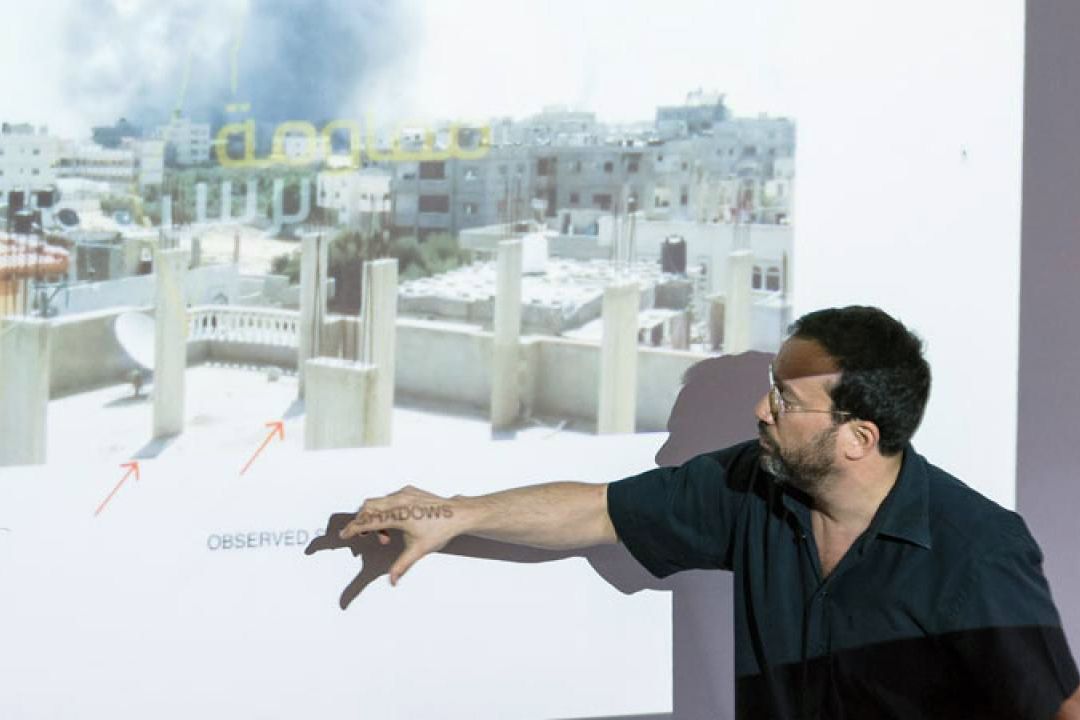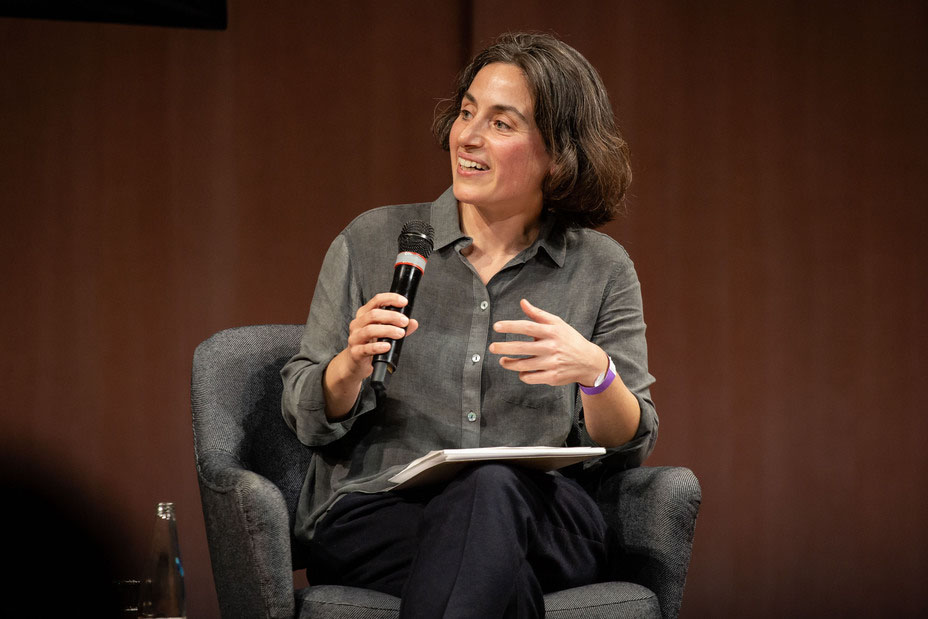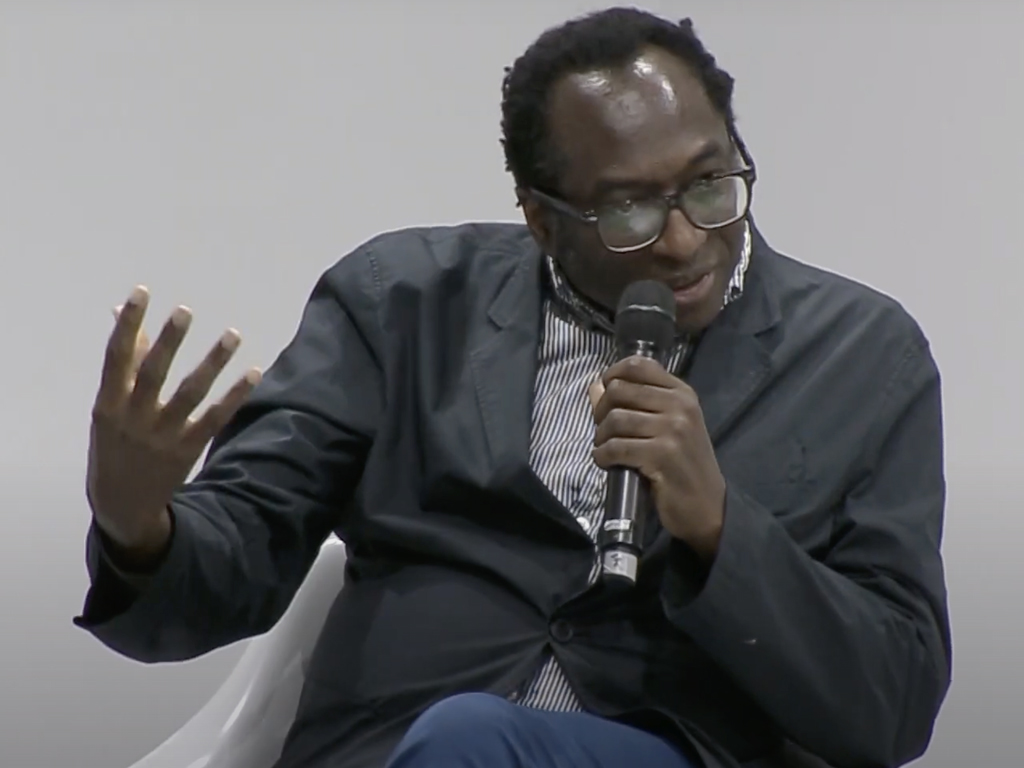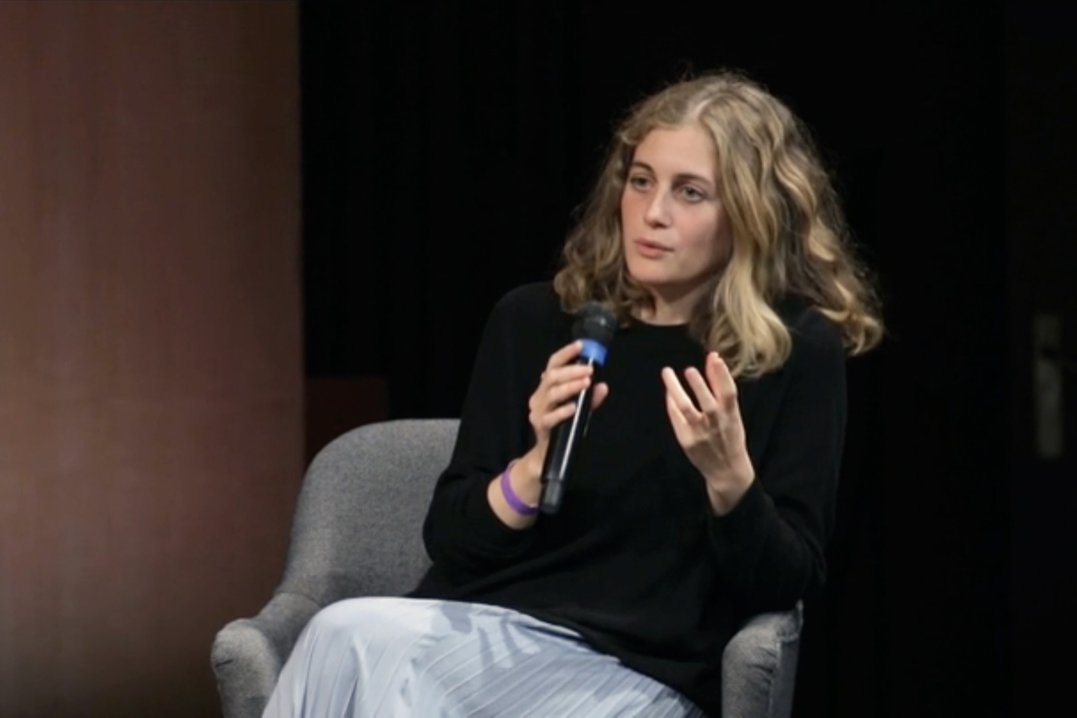Susan Schuppli
Professor & Director of the Centre for Research Architecture
s.schuppli@gold.ac.uk

Susan Schuppli is an artist-researcher and writer. Through investigative processes that involve an engagement with scientific and technical modes of inquiry, her work aims to open up new pathways into the material strata of our world. While many projects have examined media artefacts that have emerged out of sites of contemporary conflict and state violence, current research explores issues related to the cryosphere. Creative projects have been exhibited throughout Europe as well as in Canada, Asia and the US. She is author of Material Witness (MIT Press 2020), and is working on a new book Just Ice: Cold Rights in a Warming World. She is an affiliate artist-researcher and board chair of Forensic Architecture. Previously she was Senior Research Fellow and Project Co-ordinator of Forensic Architecture.
Susan Schuppli’s website
Susan Schuppli’s website
Eyal Weizman
Professor & Director of Forensic Architecture
e.weizman@gold.ac.uk

Eyal Weizman is the founding director of Forensic Architecture and Professor of Spatial and Visual Cultures at Goldsmiths, University of London.The author of over 15 books, he has held positions in many universities worldwide including Princeton, ETH Zurich and the Academy of Fine Arts in Vienna. He is a member of the Technology Advisory Board of the International Criminal Court and the Centre for Investigative Journalism. In 2019 he was elected life fellow of the British Academy and appointed Member of the Order of the British Empire (MBE) in the 2020 New Year Honours for services to architecture. In 2020 he was elected the Richard von Weizsäcker fellow at the Bosch Academy. Eyal studied architecture at the Architectural Association, graduating in 1998. He received his PhD in 2006 from the London Consortium at Birkbeck, University of London.
Forensic Architecture website
Forensic Architecture website
Başak Ertür
Reader in Research Architecture
b.ertur@gold.ac.uk

Başak Ertür is a critical legal scholar. She is the author of Spectacles and Specters: A Performative Theory of Political Trials (Fordham University Press, 2022). Her work is engaged with questions of legal violence, legal performativity, and more broadly with law's epistemologies and aesthetics. She was a Leverhulme Research Fellow (2023-24) and is working on a book Just Publics: Counter-claims to Public Truth and Justice. Edited collections include the Routledge Handbook on the Lived Experience of Ideology (James Martel, Naveed Mansouri and Connal Parsley, 2024), Manual for Conspiracy (2011), and Waiting for the Barbarians: A Tribute to Edward Said (Müge Gürsoy Sökmen, 2008). In 2016 she received the Association for the Study of Law Culture and the Humanities Julien Mezey Dissertation Award and was a CAPES/PRINT Visiting Professor at Pontifical Catholic University of Rio de Janeiro in 2022. Previously she taught at Birkbeck Law School. She serves on the advisory board of Forensis and the editorial committee of Law & Critique.
Kodwo Eshun
Lecturer in Research Architecture
k.eshun@gold.ac.uk

Kodwo Eshun is a filmmaker, theorist and artist, based in London. His research interests include contemporary art, critical theory, postwar liberation movements, modern and contemporary musicality, cybernetic theory, the cinematic soundtrack and archaeologies of futurity. In 2002, he founded The Otolith Group together with Anjalika Sagar. Their essayistic approach reflects on the perception and nature of documentary practice through films, texts and activities related to media archives. The Otolith Group were nominated for The Turner Prize in 2010 and have exhibited internationally since 2003. Kodwo is author of More Brilliant than the Sun: Adventures in Sonic Fiction (2020), and Dan Graham: Rock My Religion (2012), co-editor of The Fisher Function (2017), Post Punk Then and Now (2016), The Militant Image: A Cine-Geography: Third Text Vol 25 Issue (2011), Harun Farocki Against What? Against Whom (2010) and The Ghosts of Songs: The Film Art of the Black Audio Film Collective 1982–1998 (2007).
The Otolith Group website
The Otolith Group website
Christina Varvia
Lecturer in Forensic Architecture
c.varvia@gold.ac.uk

Christina Varvia is the former Deputy Director and Lead Researcher of Forensic Architecture (FA). She is trained as an architect at the Architectural Association (AA) and Westminster University and has taught a Diploma unit (MArch) at the AA (2018-2020) before joining the CRA. She has been a member of the Technology Advisory Board for the International Criminal Court (2018) as well as a Fellow at Louisiana Museum of Modern Art (2020-2023) where she co-curated the Forensic Architecture exhibition Witnesses. Christina’s research is on feminist theory and biopolitics within the frame of investigative practice and she holds a PhD in Aesthetics and Culture from Aarhus University. She is a founding member and the board chair of Forensis e.V. and the co-founder and co-director of FAIĀ (Forensic Architecture Initiative Athens).